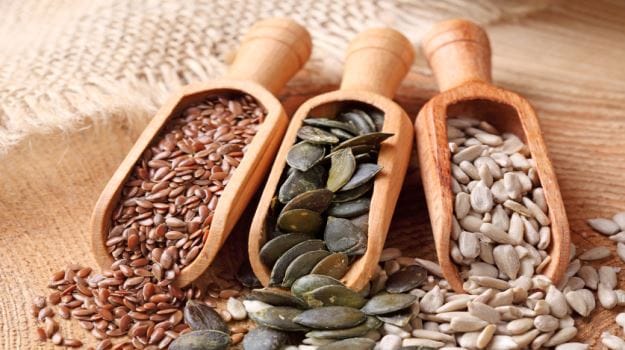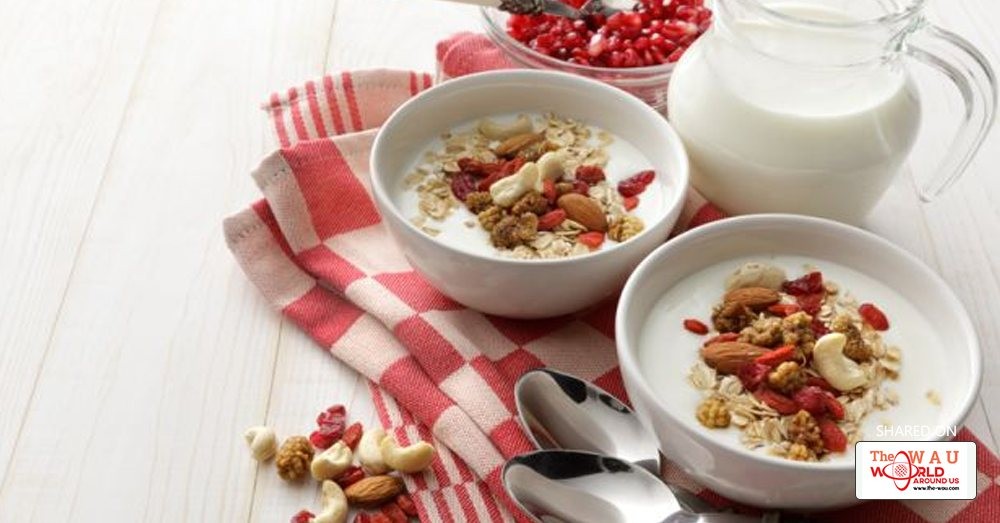These days, people have become increasingly aware of their need to lead a healthier lifestyle. This often means consciously making better choices throughout the day. When it comes to nutrition, much has been said on the subject, from mere hearsay to evidence-based research. Differentiating between the two can sometimes pose a challenge. So here are seven food facts for you, backed by research, many of which have been traditionally known in different cultures but only recently validated by science.
1. Some Fats are Good

While saturated and trans fats should be limited or avoided, unsaturated fats (polyunsaturated or monounsaturated) contain important fatty acids that help lower "bad" LDL (low density lipoprotein) cholesterol while increasing "good" HDL (high density lipoprotein) cholesterol. One way to include good fat in your diet is to use canola oil for cooking. It has the least amount of saturated fat compared to other commonly used oils, making it ideal for a range of uses from salads to sautéing.
2. Edible Seeds are Nutritious

Eating just one tablespoon of chia seeds will give you 19 percent of your recommended daily fiber intake in addition to calcium, magnesium, iron, essential fatty acids and antioxidants. Flaxseeds are rich in omega-3 and omega-6 fatty acids, vitamins B1, B2 and B6, and other nutrients that help boost your energy and benefit your nervous system, immune system and blood. Pumpkin seeds, usually roasted before eating, are a great source of zinc, copper and selenium. Eating two tablespoons of pumpkin seeds will give you about 25% of magnesium, a mineral that plays a key role in about 300 metabolic reactions in the body.
...[ Continue to next page ]
Share This Post















